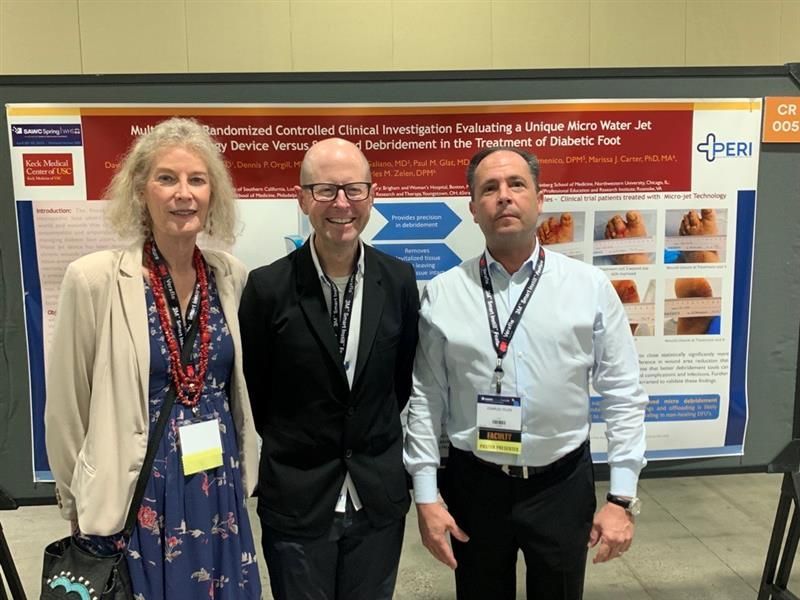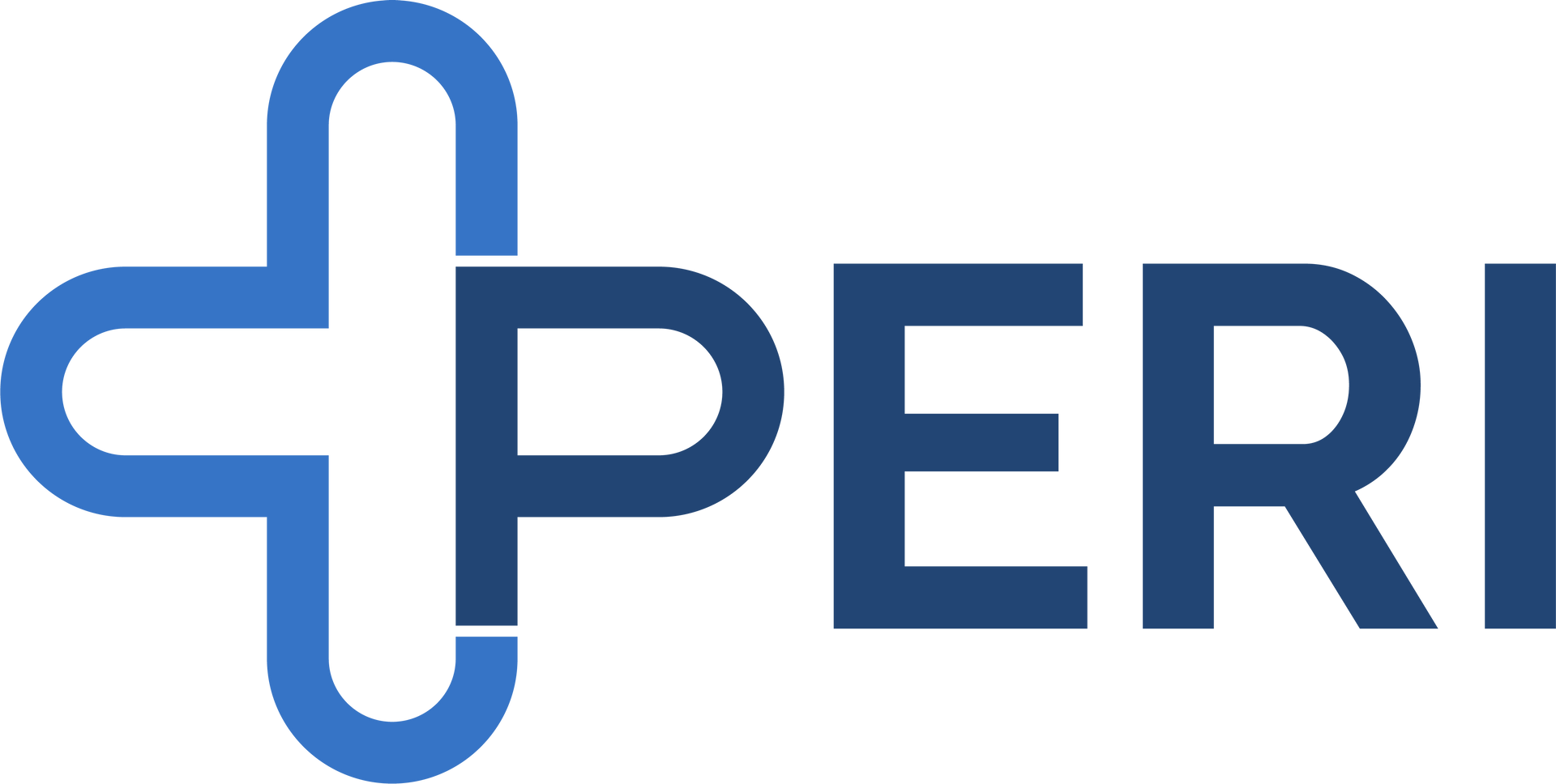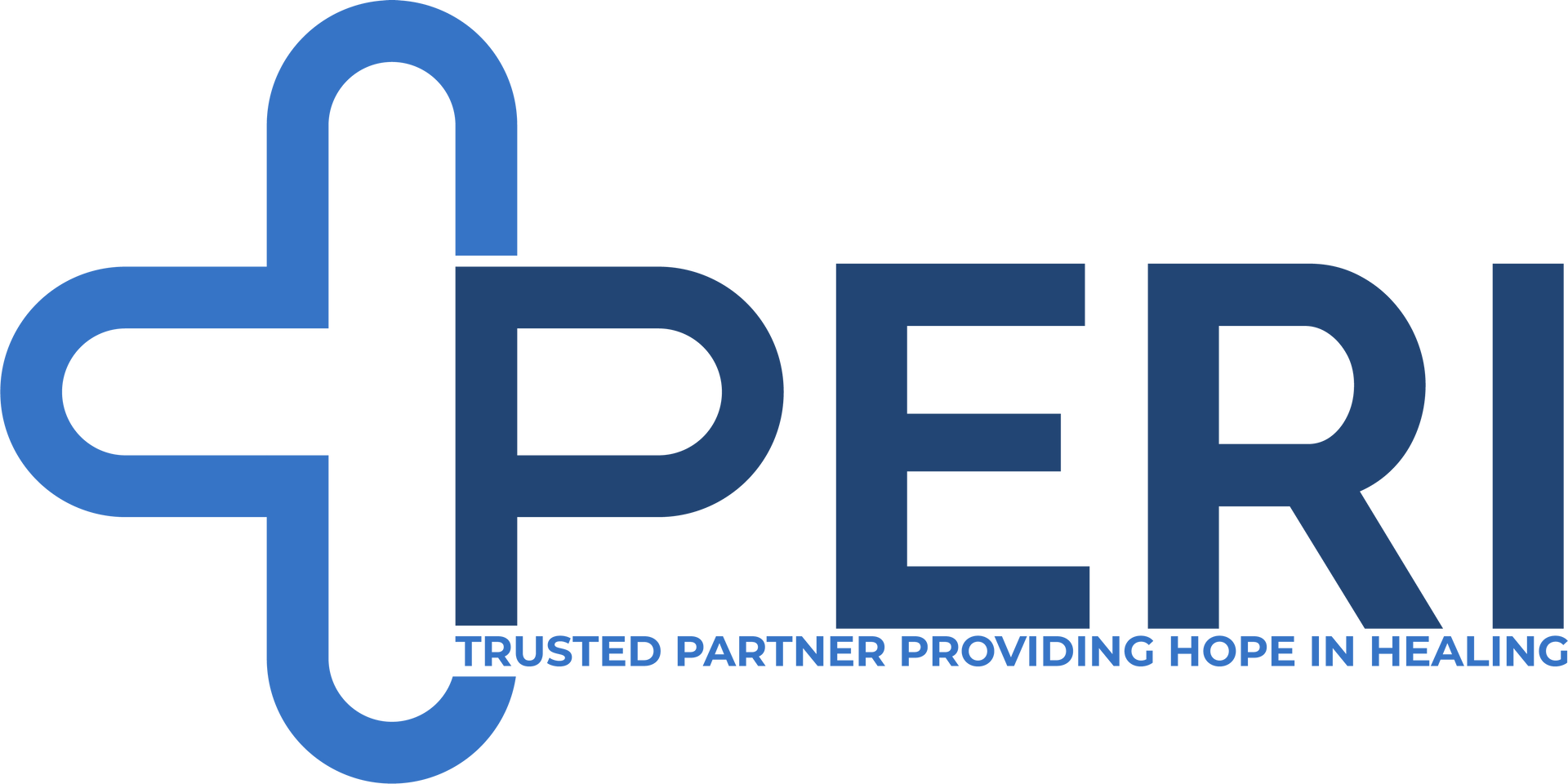ALCOA+'s Principles & Healthcare Documentation Integrity Week
Clinical trials are the foundation of medical research, enabling the development of innovative treatments and therapies that improve patient outcomes. In clinical trial documentation, accuracy and integrity are vital in maintaining data quality and patient safety. As we celebrate Healthcare Documentation Integrity Week, it is crucial to highlight the significance of ALCOA+'s principles.
"PERI understands that the quality of data collected in clinical research directly impacts research validity. As a CRO (Contract Research Organization), we adhere to CFRs (Code of Federal Regulations) and GCP (Good Clinical Practice) guidelines. The ALCOA+ principle from 21 CFR Part 11 is crucial. ALCOA+ protects document integrity throughout our clinical trial activities," says Chelsea H., Regulatory Affairs Manager.
ALCOA is an acronym for Attributable, Legible, Contemporaneous, Original, and Accurate. The updated version of ALCOA+ includes Complete, Consistent, Enduring, and Available. These principles are a guiding framework for keeping data integrity and are widely recognized in regulatory guidelines.
The Original ALCOA:
Attributable:
The ability to trace data back to its source. Every piece of information in clinical trials should be linked to its originator and documented appropriately. Being able to trace data leads to accountability and transparency in data collection, allowing for easy identification of errors, discrepancies, or potential issues during the study.
Legible:
The importance of clear, readable documentation. Healthcare professionals involved in clinical studies must keep records that are easily understandable and accessible to all stakeholders.
Contemporaneous:
Contemporaneous documentation requires that data be recorded in real-time as events occur. It discourages retrospective entry, as delayed documentation can introduce errors or bias into the study data.
Original:
The need to retain the original records and source documents in their true form. Any changes to the data should be documented with a proper audit trail. Retaining original records secures the preservation of the data's authenticity and helps prevent data tampering or unauthorized modifications.
Accurate:
All documentation, including patient records, adverse event reports, and clinical outcomes, must be precise, complete, and error-free. Not capturing correct data may result in flawed conclusions, compromise patient safety, and hinder the overall integrity of the study.
The + Representation in ALCOA+:
Complete:
Capturing all relevant information necessary to analyze and interpret the study results. Missing or omitted data should be appropriately documented and justified.
Consistent:
Data should be consistent, guaranteeing that it aligns with other related data sets and does not have conflicting or contradictory information. Discrepancies should be resolved and explained.
Enduring:
Data stays accessible, retrievable, and unchangeable for the required period, following regulatory and sponsor requirements. Adequate data archiving and storage strategies should be in place.
Available:
Enabling authorized individuals to access and review the data for analysis, monitoring, audits, or regulatory inspections.
"I believe that adherence to ALCOA+'s principles is essential in ensuring the accuracy and reliability of our data. By upholding these, we can confidently generate high-quality evidence for advancing medical knowledge," says Danielle S., Director of Data Management.
Joanne R., Quality Assurance Manager, adds, "We have implemented a rigorous Quality Management System (QMS) to ensure compliance with the Code of Federal Regulations (CFR) and ICH-GCP guidelines. By maintaining a Learning Management System Vendor Oversight and Management program as well as a CAPA program PERI strives to continually uphold the highest data integrity and safety standards, fostering trust among stakeholders and supporting the validity of our research outcomes."
PERI is committed to upholding data integrity and keeping the highest quality standards in clinical research. Through adherence to ALCOA+'s principles, we can confidently generate reliable evidence and contribute to the progress of medical research.
Let's celebrate Healthcare Documentation Integrity Week by recognizing the diligent professionals who champion data integrity in the clinical trial industry, protecting the credibility and impact of their invaluable work.

Want more information?

Professional Education and Research Institute, LLC
Cincinnati -- Corporate Headquarters
9825 Kenwood Road, Suite 100
Blue Ash, Ohio 45242
Latest news
